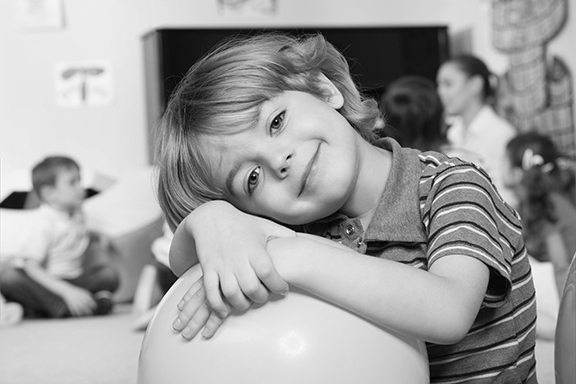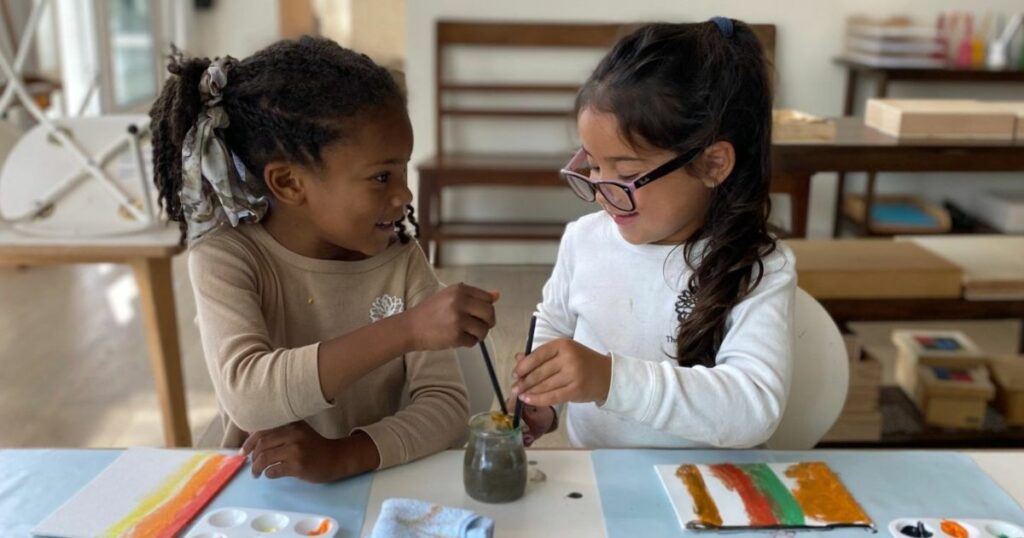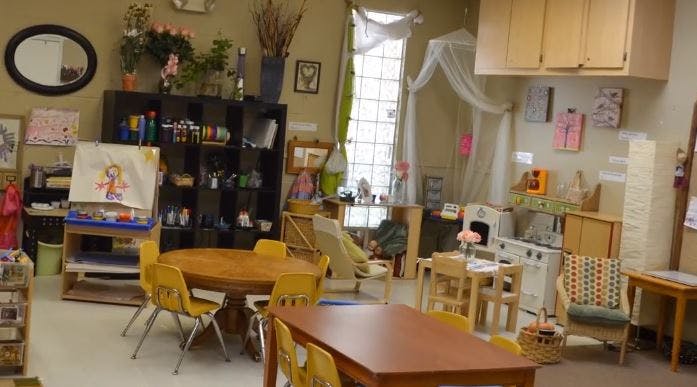The Montessori Classroom: A Nurturing Environment
In a Montessori classroom, the learning environment is carefully designed to foster independence, exploration, and a love for learning. The classrooms are typically spacious, well-organized, and filled with a variety of engaging materials. Each classroom is divided into distinct learning areas, where children can freely explore and choose activities based on their interests and developmental needs.
The Montessori Method recognizes the importance of creating a nurturing and respectful atmosphere. Teachers, often referred to as guides, act as facilitators, observing and supporting each child’s individual journey. They encourage collaboration, problem-solving, and critical thinking, allowing children to develop a sense of autonomy and self-confidence.
A Day of Exploration and Self-Directed Learning
In a Montessori classroom, the day begins with a period of uninterrupted work time. During this time, children are free to choose activities from various learning areas based on their interests. This self-directed learning approach allows children to develop a deep sense of engagement and concentration as they explore different subjects.
The Montessori materials are carefully designed to be self-correcting, meaning that children can independently assess their progress and learn from their mistakes. Whether it’s working with sensorial materials to refine their senses, engaging in practical life activities to develop fine motor skills, or delving into mathematics and language materials, each child can progress at their own pace.
Individualized Instruction and Small Group Activities
One of the hallmarks of the Montessori Method is individualized instruction. Teachers closely observe each child’s progress, strengths, and areas for growth. Based on these observations, they provide personalized guidance and support to ensure optimal learning experiences.
While individual work is valued, Montessori classrooms also incorporate small group activities. These activities promote collaboration, social interaction, and the development of essential communication skills. Children learn to respect one another, share ideas, and engage in cooperative problem-solving.
A Holistic Approach to Education
Montessori education takes a holistic approach, recognizing that children’s development extends beyond academics. In addition to core subjects, Montessori classrooms often include enriching activities in art, music, physical education, and cultural studies. These activities cultivate creativity, self-expression, and a broader understanding of the world.
Furthermore, Montessori education places a strong emphasis on fostering social and emotional intelligence. Children learn to manage their emotions, resolve conflicts peacefully, and develop empathy and compassion for others. These essential life skills contribute to the overall well-being and character development of each child.
Parent Involvement and Collaboration
Montessori education values the partnership between parents and educators. Parents are encouraged to actively participate in their child’s educational journey. Regular communication channels, such as parent-teacher conferences and progress reports, provide valuable insights into a child’s growth and development.
Montessori schools often offer opportunities for parents to engage in school activities, volunteer, or participate in parent education programs. This collaboration between home and school fosters
a strong support system, enabling parents to reinforce the Montessori principles and values in their child’s daily life.
Preparing Your Child for a Montessori Experience
As you prepare your child for a Montessori experience, it can be helpful to provide them with opportunities for independence and responsibility at home. Encourage their natural curiosity, provide a rich and diverse environment, and foster a love for exploration and learning.
Additionally, familiarize yourself with the Montessori philosophy and approach, as this will enable you to better support and reinforce your child’s educational experiences. Engage in open and ongoing communication with your child’s teachers, as they can offer valuable insights and guidance tailored to your child’s unique needs.
Embracing the Montessori Difference
Choosing a Montessori education for your child means embracing an approach that values the whole child—academically, socially, emotionally, and creatively. The Montessori Method fosters a lifelong love for learning, nurtures independence, and prepares children to become confident, compassionate, and engaged members of society.
By understanding what to expect from a day in a Montessori classroom, you are empowered to make informed decisions that align with your child’s unique learning style and developmental needs.






